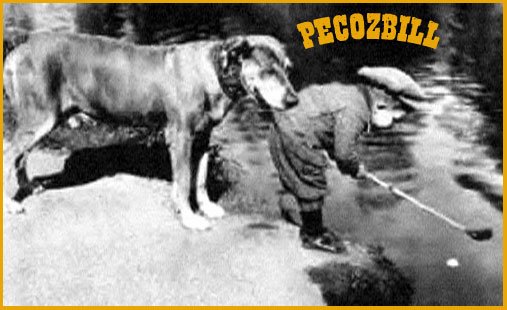They are recommending TRIPLING FEDERAL GASOLINE TAXES! This would create an income stream of $225 Billion for the next fifty years... Now folks, counting that on my fingers, I reckon that comes to $11.250 TRILLION dollars to build roads with..
What's that you say - how much is $11.250 Trillion? How about $11,250,000,000,000!
Here is a report from back in 2005 from the Tax Facts people. Now ask yourself how much of all those billions of gasoline tax dollars actually found their way into the U.S. Highway system, and how much found it's way into other general fund accounts, pork projects and 'bridges to nowhere'?
Local, State and Federal Gas Taxes Consume 45.9 Cents Per Gallon on Average
Fiscal Fact No. 29
In the wake of Hurricane Katrina and the devastation that has followed, consumers are feeling the economic consequences of the disaster. Record gasoline prices are constantly in the headlines, which leaves many asking why prices are so high. While supply and demand are the primary determinants of gasoline prices, a significant portion of the price consumers pay at the pump can be attributed to gasoline taxes. In fact, the federal gas tax alone equals 18.4 cents for every gallon purchased (See Figure 1).
Figure 1. The Rising Federal Gasoline Excise Tax

Source: Congressional Research Service, Tax Foundation.
In 1932, the federal government imposed the first federal gas tax. It began as a temporary levy with a rate of just 1 cent per gallon. Over the years, the tax burden has increased significantly. The Revenue Act of 1941 made the federal gas tax permanent and increased the rate to 1.5 cents per gallon to help fund the war effort. A decade later in 1951, the tax was increased to 2 cents per gallon to assist in the funding of the Korean War.
After President Eisenhower’s idea of an interstate highway system had been instituted, the federal gas tax was raised to 4 cents per gallon in 1959. As recent as 1981, the federal gas tax remained at 4 cents per gallon. Significant tax increases in 1982, 1990 and 1993 increased the federal gas tax by 14.4 cents per gallon, or 360 percent from 1981 levels.
In 1919, Oregon became the first state in the nation to place a tax on gasoline and every state has subsequently adopted this form of taxation. This year, according to the Energy Information Administration the average state gas tax is 20.8 cents per gallon. In addition to statewide taxes, often consumers pay local excise taxes on gasoline purchases (see Figure 2).
Figure 2. Combined Local, State and Federal Gasoline Taxes, August 2005 (Click for larger image.) 
Source: American Petroleum Institute, Tax Foundation.
Remember now - this report is three years old! Why don't you write or e-mail your representative or senator and ask them to send you a copy of the actual numbers of dollars received and how they were expended --- and where!

No comments:
Post a Comment